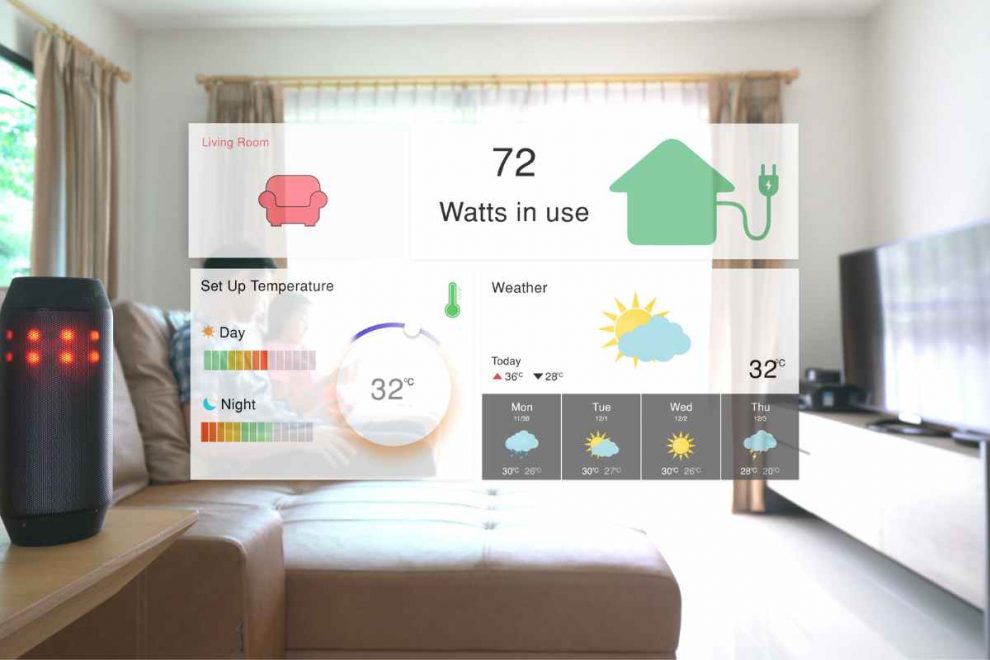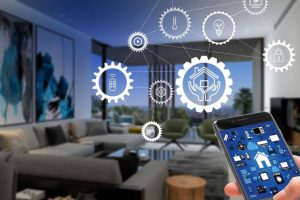The landscape of daily living has undergone a profound transformation in recent years, largely owing to the advent and integration of smart home solutions. No longer confined to the realm of science fiction, these innovations have swiftly become an integral part of modern households, revolutionizing the way we interact with our living spaces and enhancing our daily routines.
Understanding Smart Home Solutions
Smart home solutions encompass a diverse array of interconnected devices and technologies designed to augment convenience, safety, and efficiency within our homes. These solutions are founded on the principle of connectivity, allowing various devices to communicate, share data, and collaborate seamlessly.
Key Components of Smart Home Solutions
1. Intelligent Connectivity: At the heart of smart homes lies connectivity. From Wi-Fi-enabled appliances to Bluetooth-connected devices, the ability of these gadgets to interact and synchronize with each other is fundamental to their operation.
2. Automation and Control: Automation serves as the backbone of smart home solutions. Devices equipped with sensors and programmed algorithms can automate tasks, such as adjusting lighting based on ambient conditions or regulating home temperature according to preferences.
3. Security and Surveillance: Enhanced security features, including smart locks, cameras, and monitoring systems, provide homeowners with peace of mind. These solutions offer real-time surveillance and remote access, bolstering home security.
4. Energy Efficiency: Smart home solutions contribute significantly to energy conservation. Energy-monitoring devices, smart thermostats, and lighting systems optimize energy usage, reducing utility bills and environmental impact.
Benefits of Embracing Smart Home Solutions
The adoption of these innovations brings forth a multitude of benefits. Beyond the convenience of remote control and automation, smart home solutions foster a more efficient and sustainable lifestyle. Users can monitor and manage their homes from anywhere, optimizing energy consumption and reducing waste.
Moreover, these technologies cater to individual needs, offering customizable experiences. Whether it’s adjusting room temperatures, creating personalized lighting schemes, or setting up automated routines, smart home solutions adapt to users’ preferences, enhancing comfort and convenience.
The Road Ahead: Challenges and Future Prospects
Despite their numerous advantages, smart home solutions face challenges, particularly concerning data security and standardization of protocols. Ensuring robust encryption and privacy measures is crucial to safeguarding user information in an interconnected ecosystem.
Looking ahead, the future of smart home solutions is promising. Advancements in AI, machine learning, and data analytics will lead to even more intelligent and intuitive systems. Interoperability among devices and increased accessibility will drive further innovation, making these solutions more user-friendly and accessible to a broader audience.
Conclusion
In conclusion, smart home solutions represent a paradigm shift in the way we conceptualize and engage with our living spaces. By seamlessly integrating technology into our homes, these solutions have the potential to transform daily life, offering convenience, security, and efficiency. Embracing these innovations not only enhances our present living standards but also lays the foundation for a more connected and sustainable future.














Add Comment